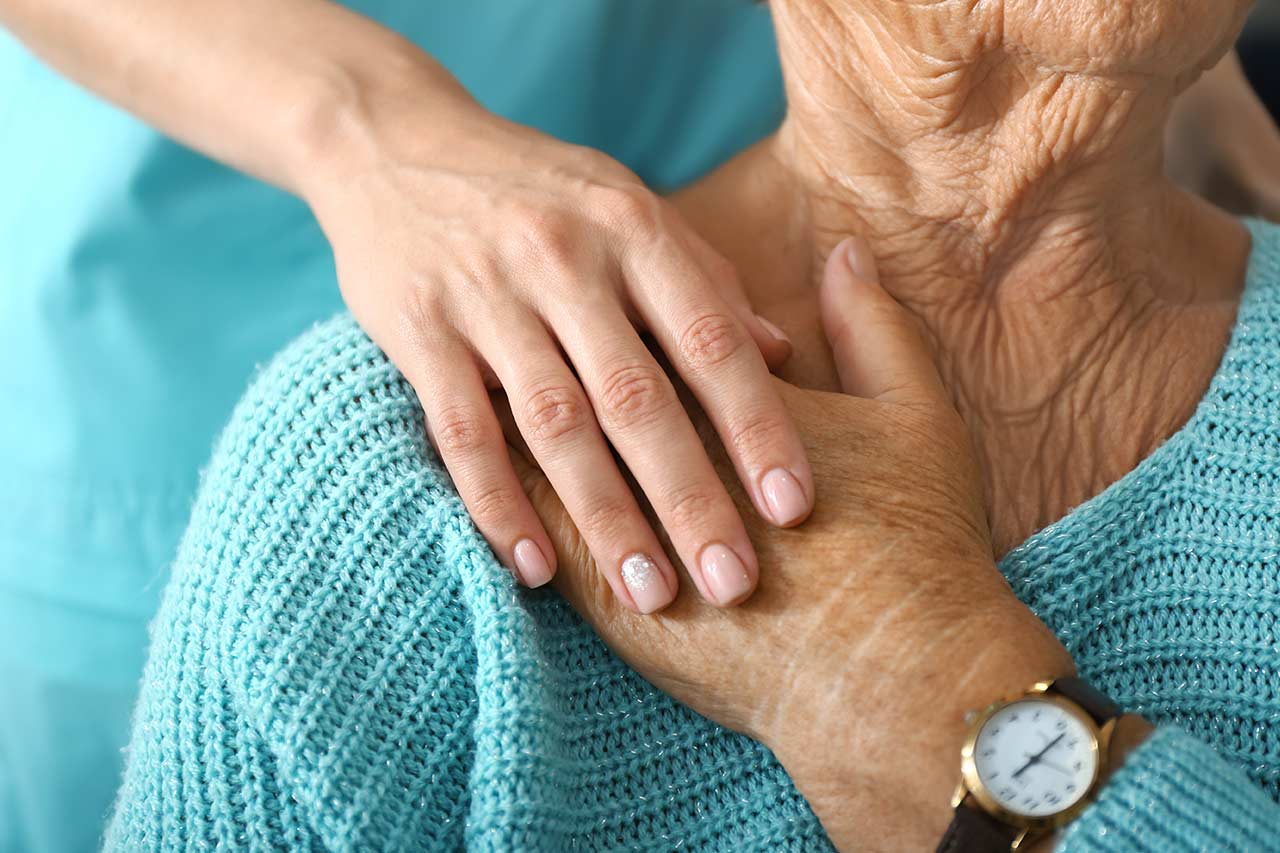On September 22, 2021, Olivier Véran detailed the National Plan 2021 – 2024 concerning the development of palliative care and support at the end of life. As a reminder, palliative care is active and continuous care practiced by an interdisciplinary team in an institution or at home, which aims to relieve pain, alleviate mental suffering, safeguard the dignity of a seriously ill person and support his or her family. At the annual congress of the French Society of Accompaniment and Palliative Care (SFAP), a budget of 171 million euros was announced, including 5 million euros from 2021 to strengthen palliative care teams. These must be strengthened in order to reduce the disparities in terms of care depending on the place of (end of) life of the patient: hospital, EHPAD or home. Return with Alcimed on the action plan presented!
What is palliative care?
As a reminder, palliative care is active and continuous care practiced by an interdisciplinary team in an institution or at home, which aims to relieve pain, alleviate psychological suffering, safeguard the dignity of a seriously ill person and support his or her family.
What is the “Plan national développement des soins palliatifs et accompagnement de la fin de vie 2021-2024?
The objective of this 5th national plan is to “guarantee to all citizens, on the whole territory and in all places of life, the access to palliative care and to the accompaniment of the end of life”.In an operational manner, 15 actions are outlined to increase the supply of palliative care both in the city and in institutions, but also to program treatments earlier in the health care process, to develop training in palliative care, and to support expertise and research in this field. Support for healthcare professionals, and particularly for EHPAD teams, is necessary to guarantee expertise and the ability to offer graduated and local care.
Axis 1: Promote the appropriation of rights in favor of sick people and people at the end of life.
Because only 18% of French people declare having written their advance directives, information and awareness campaigns will be conducted by the National Center for Palliative and End-of-Life Care (CNSPFV). The latter has already launched workshops on advance directives and the trusted person in September 2021. Its work will bring together actors from civil society, the health sector, the elderly, the disabled and psychiatry. The objective is to develop educational tools (practical guides, infographics, videos, etc.) before the end of 2021 for patients, their relatives and health professionals. The Senate information report emphasizes this fundamental communication issue:
“The lack of knowledge of palliative care and the negative projections it carries with it among patients, their loved ones and many healthcare professionals are a brake on early recourse, yet timely in many situations.”
Axis 2 – Strengthen palliative care expertise by developing training and supporting research.
On the one hand, initial training courses must be enriched on end-of-life and palliative care by integrating this theme into university curricula and courses. This is in order to train all those involved in care, particularly nurses and those who work at home and in EHPADs, in order to strengthen the means of support for patients and their families.
In addition, by supporting research through the financing of teaching positions for hospital and university professors and specialist assistants, and of a research year in this field to anticipate palliative care interventions that are too often confined to the very end of life.
One of the recommendations of the report of the Social Affairs Commission is the creation of a State Diploma in Advanced Practice Nursing to professionalize the field. In addition, the possibility of making it compulsory during the internship, for specialties concerned with serious or chronic pathologies, to do an internship in a palliative care unit should be encouraged.
Axis 3 – Defining graded and local care pathways by developing hospital palliative care services.
By strengthening coordination with community medicine, the objective of this axis is to create a network of specialized palliative care teams throughout the country. Palliative care units will be created in departments where there is no palliative care service and mobile palliative care teams will be strengthened. In addition, palliative care coordination units will be set up in each region and hospitalization at home will be mobilized more.
The main issue is the coordination of health care providers and the diversification of out-of-hospital services. Dedicated on-call duty, in cooperation with primary care providers, will guarantee permanent access to care in each region; this will be linked to the geriatric on-call duty already in place.
“If the hospital is able to implement palliative care but struggles to accompany the end of life, the Ehpad is in the opposite situation: willing to accompany but prevented by its technical capacities.”
Thus, systematizing the agreement of EHPADs with mobile palliative care teams and the designation of a referent per establishment is a track mentioned. However, in order to develop these adapted pathways, the Senate’s social affairs committee believes that a change in the pricing of palliative care towards a mixed financing system (grant and activity-based pricing) is necessary.
The notion of patient pathway is once again a subject at the heart of health policies and Alcimed is convinced of the importance of the articulation between city and hospital care teams to guarantee equal and facilitated access to all for these essential types of care. This ambitious national plan on a subject that is still not well addressed will guarantee its success if the coordination issues are understood. The implementation of these ambitions will have to take place in the territories thanks to the mobilization of care teams that are both mobile and better trained in palliative care practices, but also thanks to the strengthening of the city-hospital link. Would you like to propose a local consultation within your territory? To lead prospective workshops or to train actors on this subject? Alcimed is ready to commit and to accompany you in this direction!
About the author,
Djibril, Consultant in Alcimed’s Innovation and Public Policy team in France



